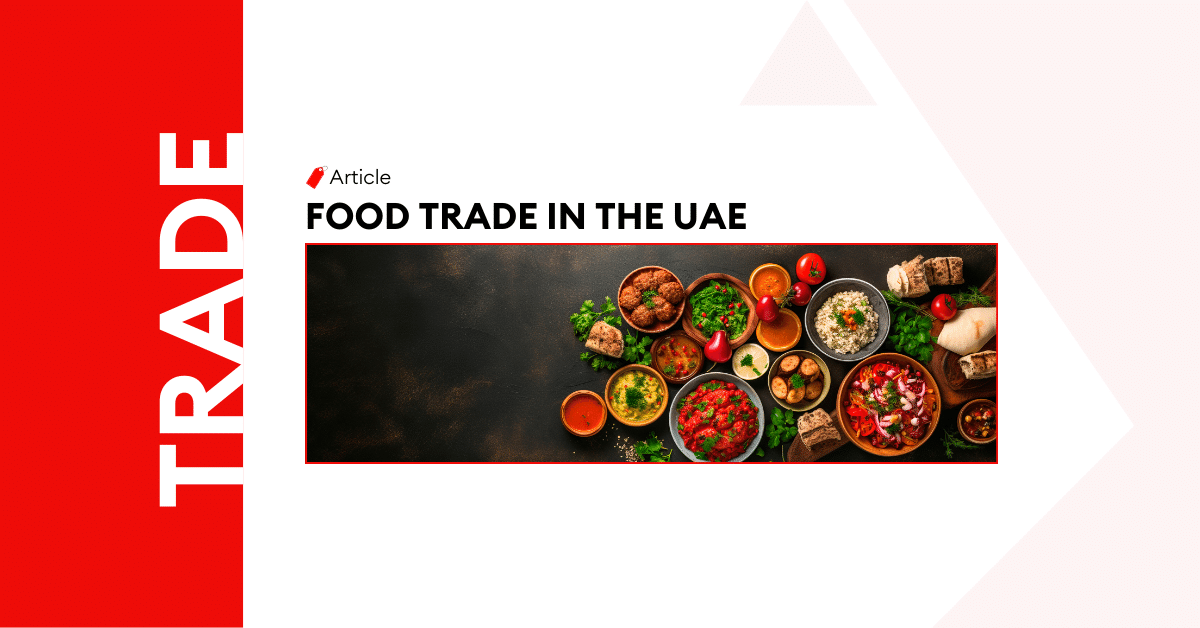
Food Trade in the UAE – Importer’s Guide
This guide seeks to give food exporters more insight into the UAE’s import regulations, paperwork, and labeling requirements. Currently, many food items shipped are not compliant with the regulations, leading to wasted time, and resources, and in some cases, the entire shipment is lost. Knowing and following the rules should help reduce these violations and be beneficial to exporters, importers, as well as all UAE parties involved.
Food Import Regulations
For any interested party, trading of food consignments is bound to follow all the regulations specified by the Dubai Municipality. Some of the requirements need to be fulfilled at all the ports of entry include:
Registration with Dubai Municipality E-Government
The process for the importers begins with filling out an electronic application on the website of Dubai Municipality to register. After that the company must come to the E-Government counter and submit their copy of trade license, the registration request number along with the official company stamp.
Register with Food Import & Re-Export System (FIRS) Program to Activate the Service
For this process, the importers are required to register with E-government (as mentioned above), submit company’s trade license, provide company’s telephone, fax numbers, and Post Office Box, the name and number of the company’s representative, and details of warehouse of the company in Dubai.
Register with Food Import & Re-Export System (FIRS) Program to Activate the Service
The Food Import and Re-Export System (also known as FIRS) allows countries to track, monitor, and control the import and export of food products. The system was designed to help prevent the spread of food-borne illnesses and promote food safety by ensuring that food products comply with safety regulations. FIRS provides detailed information on food products, including the origin, destination, quantity, and quality of the products. It also allows countries to track shipments and manage the import and export of food products by generating reports and issuing certificates of compliance. FIRS also enable countries to monitor and enforce food safety regulations, maintain data on food products, and coordinate with other countries for the import and export of food products.
Approval of Food Label
During the process of applying to FIRS, there comes a step for approval of food labels where you’ll have to provide certain information about the food product, including brand name, product name, barcode, and much more. Later, the samples of each food product and its label are submitted to the Food Studies & Planning Section office, where the label will be studied thoroughly, and the necessary modifications shall be noted. Once this process is completed, an electronic payment must be paid to the Food Studies and Planning Office for approval.
FIRS Registration and Classification System’s Other Requirements
Another thing to make the importation process a successful one is to add production and expiration dates on the products. It is mandatory to follow these instructions to get yourself registered with FIRS. For any guidance related to the labeling of packaging food, GCC standard 9-2007 is what you should refer to.
The Process of Food Product Registration in Dubai Municipality?
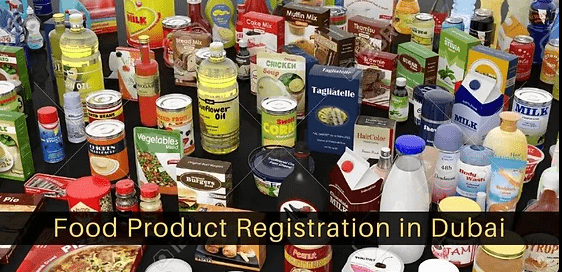
Dubai is an international hub of the Middle East, especially when the import and export of food commodities comes is the concern. This large trade is controlled through food control procedures designed by the food control authority. With these standardized procedures, safety and quality is ensured for all the food trade. If you are interested in registering your products in Dubai Municipality, here’s how you can do it:
- Firstly, you need a UAE based trade license for food trading.
- The next step is to register the company on the online portal of Dubai Municipality (DM).
- Then, on the online platform of FIRS system, create an application with all the required information as per the guidelines of DM.
- Lastly, when all the information has been provided and the documents are uploaded, wait for the response by the authorities.
Documents Required for Food Clearance Upon Importing?

The documents required to get clearance at Dubai Municipality to include:
- Air Way Bill or Bill of Entry
- Delivery Order (only for containers)
- Health Certificate by the government’s health authority in the country of origin. The copy will not be accepted, and the consignment can be contained at the port of entry if the original document is not submitted.
- Consignment packing list
- A halal certificate generated by an Islamic Organization approved by UAE authorities (especially for meat, poultry, and similar products)
- Certificates required in case of international epidemics or local decisions. This may include GMO-Free certificates, Dioxin-free certificates, etc.
Reasons For Rejection at the Port of Entry?
The following could be the reasons for the rejection of food consignments at the port of entry:
- Involvement of banned ingredients like alcohol and poppy seeds.
- The information on the label is not clear.
- Missing original health certificate.
- The sticker is easily removable
- There are duplicate barcodes in FIRS.
- There is a need for approval by other authorities on medications, food supplements, or vitamins.
- All ingredients are not listed.
- Ingredients are written in a foreign language. (Not in English or Arabic)
- The breach with ‘shape law’; which means the presence of religious signs or inappropriate
- pictures that are against the law specified in the above sections.
Food Control Service Authorities
Here is the list of some noteworthy food control service authority in the UAE:
Food Control Trade Section (DM Main Office)
At this location, all the special cases are sent from the ports, public counter, and offices.
Jebel Ali Airport (Office Gate 2&3)
At this point, all the food consignments in Jebel Ali port and free zone are inspected. Also, the reported cases of ports are taken care of here so the necessary actions can be taken. Apart from this, importers can also register their products in FIRS here, get the Export Health Certificate and accept the transferred food consignments from authorities in the UAE.
Flower Center Office – Dubai Airport
The food consignments are inspected at the Flower center, and the importance can also register their food items in FIRS here.
Emirates Airlines Office – Dubai Airport
At Emirates Airlines office, the services are available for registration of food items as well as inspection of food consignments.
Karama Office
The services offered at Karama office includes the inspection of deferred consignments, acceptance of food consignments from other authorities in the UAE, labeling approvals, repacking procedures, item registration in FIRS, consignment follow-up, and issuance of health certificate.
Alauddin Containers Yard Hatta Border Office
At Alauddin container yard, the food consignments are inspected as well as food item registration in FIRS.
Warfage Port
At Warfage port inspection of food consignments can be done.
Hamriya Port
At Hamriya port food consignments can be inspected.
Chamber Of Commerce
At the Chamber of Commerce, the Export Health certificates are issued.
Jebel Ali Free Zone (JAFZA) is an important hub in the regional food trade and security. By providing steady supplies of food and beverages, as well as keeping supply chain efficiency at a high level, both locally and internationally, JAFZA offers great benefits to food and beverage companies. Additionally, the companies can benefit from the reliable services of the Jebel Ali Port.
Import and Export Licensing ?
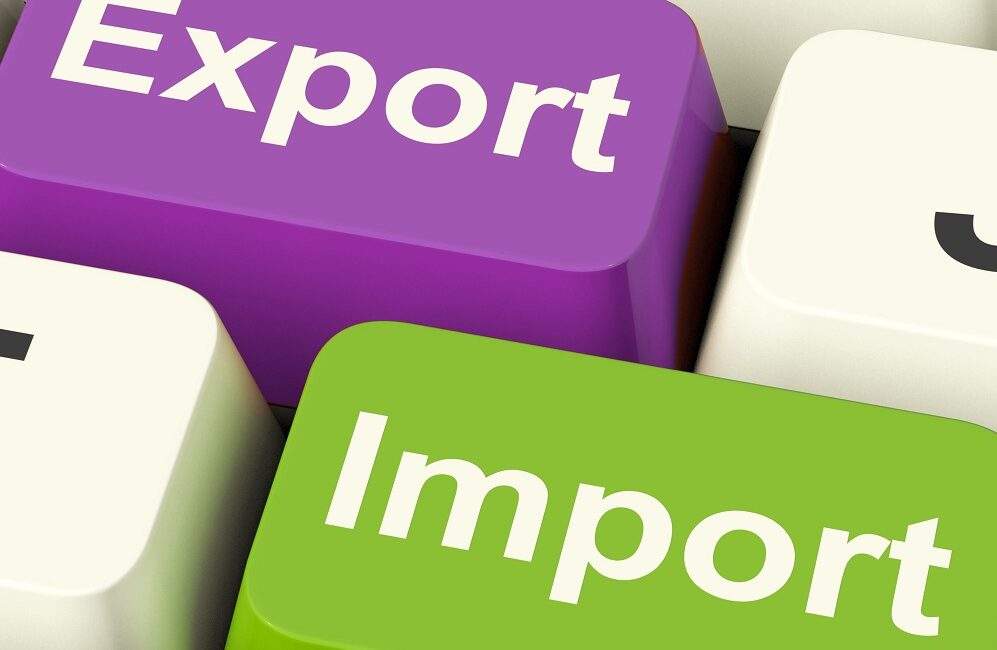
Following are some of the import and export licensing requirements for the UAE:
- All food establishments in Dubai must obtain a valid trade license from the relevant licensing authorities before they can begin operating.
- When applying for the license, the operator of the food establishment must choose the appropriate business activity from the list of activities related to food.
- The exact activity the establishment is involved in must be clearly stated on the trade license.
- Food establishments cannot conduct any food activities other than those listed in the trade license, nor can they conduct any activities before obtaining layout assessment approval from the Food Safety Department, or outside the licensed site without a permit from the Food Safety Department.
- Training and consulting services related to food safety services or applied nutrition must be approved by the Food Safety Department.
Compliant vs Non-Compliant Consignments
The Food Authority in UAE has the following conditions for compliant vs non-compliant consignments:
Incentives
In case a manufacturer/source has five successive shipments for the same food item, then the sample collection for laboratory and inspection analysis are only done for one consignment out of all four that has been inspected. The same food consignment from the same manufacturer will be given the benefit as long as it meets the health and safety requirements.
Penalty
If the consignments are found to be non-compliant with the health and safety requirements, the benefits might be withdrawn; unless compliance evidence is provided for the next five successive shipments.
Prohibited Food
Food products that are prohibited in the UAE will not be allowed to enter the borders and shall be re-exported to the country of origin.
Detained Food
The food products will be automatically denied when entering UAE for the first time or if they have been rejected and notified by other countries or organizations.
Detention of Imported Food Consignment
Following are some of the conditions where the imported food consignments might be contained at customs:
Cases When the Consignments Shall Be Detained
- The food consignments that have proven to be non-compliant with the specified rules after the examination.
- Food products that are being imported to Emirates for the first time.
- Kind of food products that have already been rejected in another country, and there is an international alert for it.
- Missing details on the packing list on container for multi food.
- Difference in the mentioned list of food items in the consignment and the health certificate.
- Food consignments on which the laboratory analysis results are pending.
Cases Of Detaining and Rejecting the Food Consignments
Following are some of the cases where detained food might get rejected:
- Food that is declared unsuitable for human consumption.
- The health certificate was issued before the production date of the product or after the consignment has been shipped.
- The food production date was before the Halal Certificate was issued.
- There is no Halal slaughtering Certificate with the imported poultry products.
Cases of Detaining the Food Consignments Where Financial Guarantee Is Needed
- The information on the food label is not clear.
- The consignment is for non-commercial usage.
- The importer’s trade license does not include ‘importation activity’. In such cases, the importation can only be allowed for the catering services (only if the imported food items are mentioned in the company’s catering list).
- A copy of the Health Certificate is attached and not the original one.
- All the consignments that were rerouted from the border within the Emirates of Abu Dhabi to the concerned Food Control Authority in some other Emirate, part of the same country.
In Case of Detained Food Consignments, The Importer Can Request One of the Following Options from the Authority
- Provide additional information from the supplier/manufacturer or any other authority in the country of origin to support the food consignment’s conformity.
- Laboratory retesting for the related issued regulation.
- Recondition to meet the relevant health requirements and regulations.
- Make the changes for non-human consumption purposes.
- Re-export to other countries or the country of origin.
- Deconstruction under the authority’s supervision.
- If the product is suitable for human consumption; it can be donated for charitable purposes.
These were some of the conditions that the importers should be aware of while trading the food consignments in the UAE. Now moving on, here are some of the portals that will play a vital role in the process:
Dubai Trade Portal
The Dubai Trade Portal is a comprehensive platform that provides an efficient, secure, and cost-effective way of conducting international trade in food products. It helps in streamlining the entire supply chain management process, from procurement to delivery, and provides an efficient means of trading food products between different countries.
The portal includes a number of features such as product search and discovery, trading platform, payment gateway, shipping and logistics support, etc. that help businesses simplify and accelerate their food trading operations. Additionally, the portal also provides useful insights and market intelligence to help traders make informed decisions regarding their trading activities.
ZADI Platform
ZADI Platform is a digital platform that facilitates food trade between buyers and sellers. It provides an online marketplace for food producers, food service providers, commodity traders, and other food industry stakeholders. Through its platform, ZADI makes it easier for buyers and sellers to find each other, negotiate deals, and complete transactions quickly and securely. By providing a streamlined and secure way to buy and sell food products, the ZADI platform enables food traders to access new markets and increase their profits.
Food and Beverage Terminal
The UAE is a rapidly growing hub for food and beverage trade, and the role of Food and Beverage Terminals is critical to this growth. Food and Beverage Terminal of Jebel Ali provide an efficient means of transporting food and beverage products from the source to the end-user, while also providing storage, handling, and other services to facilitate the efficient supply chain of food and beverage products throughout the region.
The terminal is essential for the efficient transportation and storage of food, beverages, and other perishable goods destined for the UAE. It provides a wide range of services, such as container handling, export and import paperwork, and packaging, which are essential for the successful and efficient transportation of food and beverage products in and out of the UAE.
The Food and Beverage Terminal also provides storage and handling facilities for food and beverage products, which can help to ensure the quality and preservation of these products as they are shipped and handled throughout the region. Furthermore, it also provides a link to the local market by providing sales and marketing services for food and beverage companies in the UAE.
Industrial Warehousing Solutions
Al Sharqi Shipping is a leading provider of warehousing solutions for the food trade industry. With state-of-the-art facilities, the company offers a range of services to help food traders store and manage their products. From chilled and frozen storage to dry goods and liquid storage, Al Sharqi Shipping is equipped to handle any food trade requirement.
The team of experienced professionals at Al Sharqi Shipping provides storage services that are tailored to each client’s needs, ensuring that the highest standards of safety and hygiene are maintained. Additionally, Al Sharqi Shipping offers a range of additional services such as transportation, loading and unloading, inventory management, and more. With the help of Al Sharqi Shipping‘s warehousing solutions, food traders can be confident that their products are secure and handled with the utmost care.
Regional HQ & Centralize Distribution - Market Potential (GCC)
The GCC (Gulf Cooperation Council) is a regional intergovernmental political and economic union of Arab states in the Middle East. It includes the United Arab Emirates (UAE), Bahrain, Kuwait, Oman, Qatar, and Saudi Arabia. The region is home to over 42 million people and has a total gross domestic product (GDP) of $2.2 trillion in 2020, which is only expected to grow in the coming years.
The GCC is an attractive market for regional headquarters and centralized distribution due to its growing population, substantial economic growth, and increasing infrastructure investments. According to the World Bank, the regional economy grew by 3.2% in 2022 and total GDP is expected to reach $2.3 trillion.
The region is well-positioned to become a hub for multinationals looking to expand their operations into the Middle East and North African (MENA) region. There are a number of incentives available to foreign companies, including reduced corporate tax rates and significant capital investments.
In addition, the region has a skilled labor force and is home to leading universities and research institutions, making it an ideal location for research and development. Furthermore, the region has a strategic location, with access to major markets in Europe, Asia, and Africa.
Overall, the GCC is an attractive market for regional headquarters and centralized distribution centers. According to the World Bank, the population of the GCC is forecast to reach 61.4 million by 2022, a 3.4% increase from 2020. The population is expected to be predominantly young, with 37.6% of the population estimated to be under the age of 25.
The GCC’s infrastructure is another key factor in the region’s attractiveness to regional headquarters and centralized distribution centers. The GCC is home to some of the world’s best airports, seaports, and road networks, making it an ideal place for regional and global companies to expand their operations. In addition, the GCC’s strategic location at the junction of Asia, Europe, and Africa makes it an ideal place for companies to connect with customers and suppliers from around the world.
The Economic Intelligence Unit (EIU) estimates that the GCC’s nominal GDP will reach $1.6 trillion by 2022. The EIU also expects the GCC to be one of the fastest-growing markets in the world, with an annual growth rate of 6.3% over the next five years.
The GCC is an attractive market, offering a young, growing population, strong economic growth, and a network of ports and airports. The GCC population is projected to reach 64 million by 2022, with an average GDP growth of 4.5%. The region also offers low-cost labor, a wide range of government incentives, and a business-friendly environment.
The GCC is also home to some of the largest ports and airports in the world, including Dubai International Airport and Abu Dhabi International Airport. This provides access to over 140 destinations worldwide. In addition, the region has a large and well-developed retail sector, with retail sales estimated at $346 billion in 2018. These factors make the GCC an attractive destination for companies looking to establish regional headquarters or centralized distribution centers in the region.
Our customer service team is happy to assist you with planing your next booking.

Related Articles
The Impact of Incoterms ® 2020 on Global Trade Explained
Understanding the incoterms is essential if you are shipping goods. These are the rules of commercia
Understanding the Different Types of Free Zones in the UAE
Introduction In the dynamic landscape of the United Arab Emirates (UAE), the concept of free zones h
UAE Free Zone vs. Mainland: Which One is Right for Your Business?
Introduction In the vibrant landscape of the United Arab Emirates, aspiring entrepreneurs often find




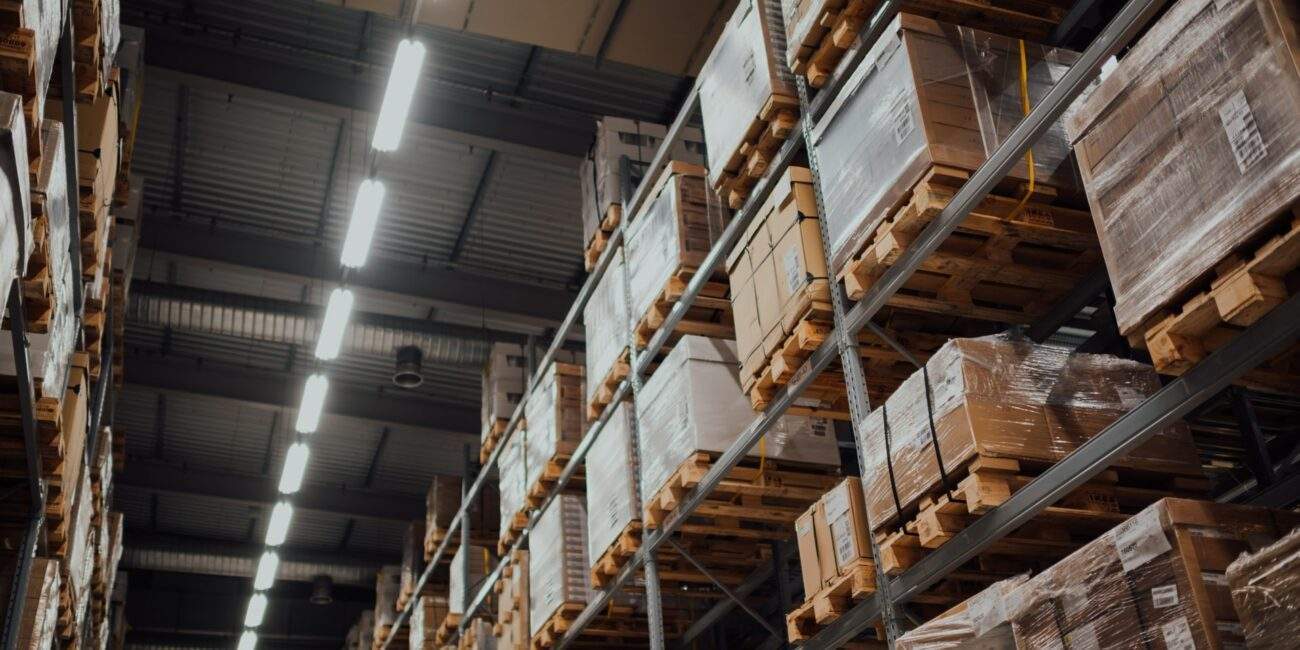
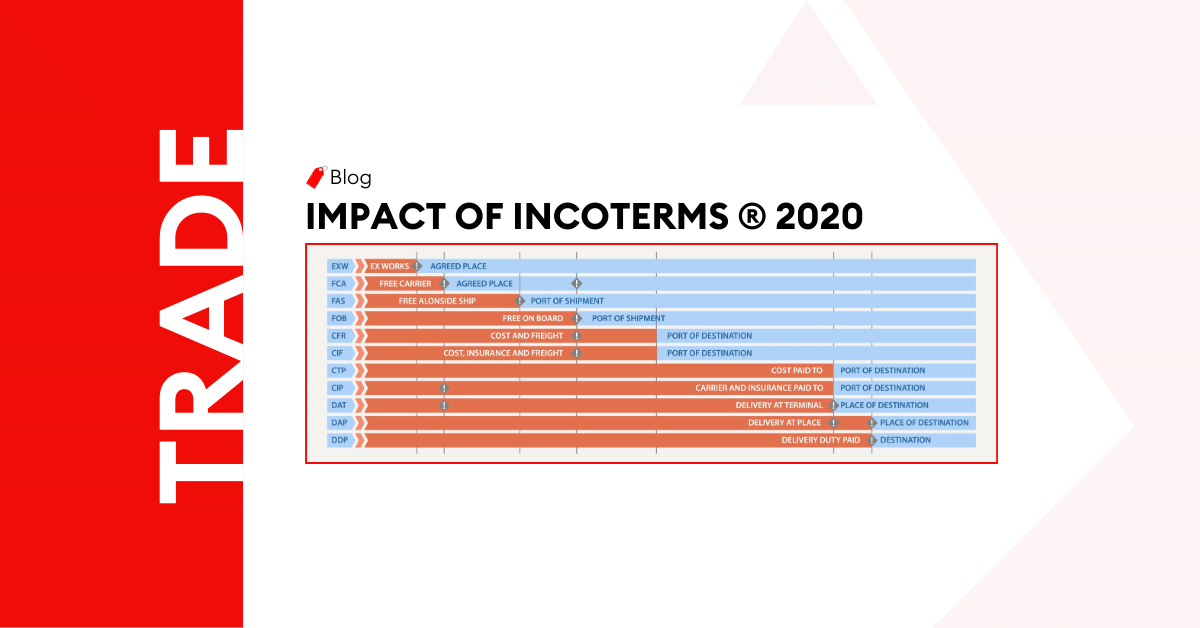
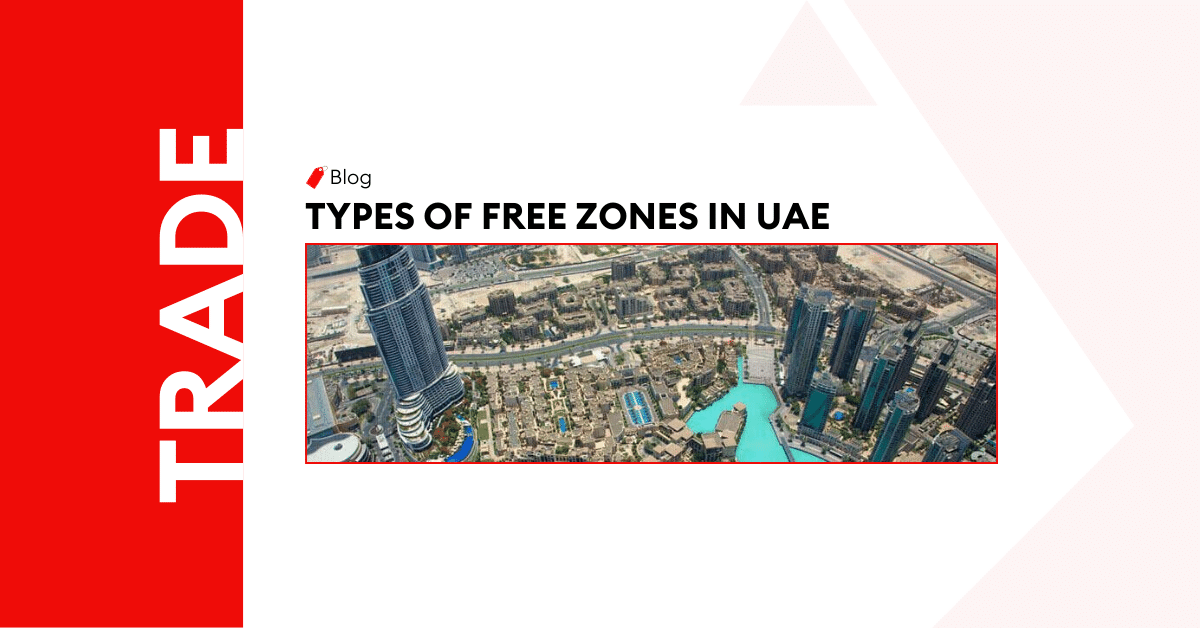
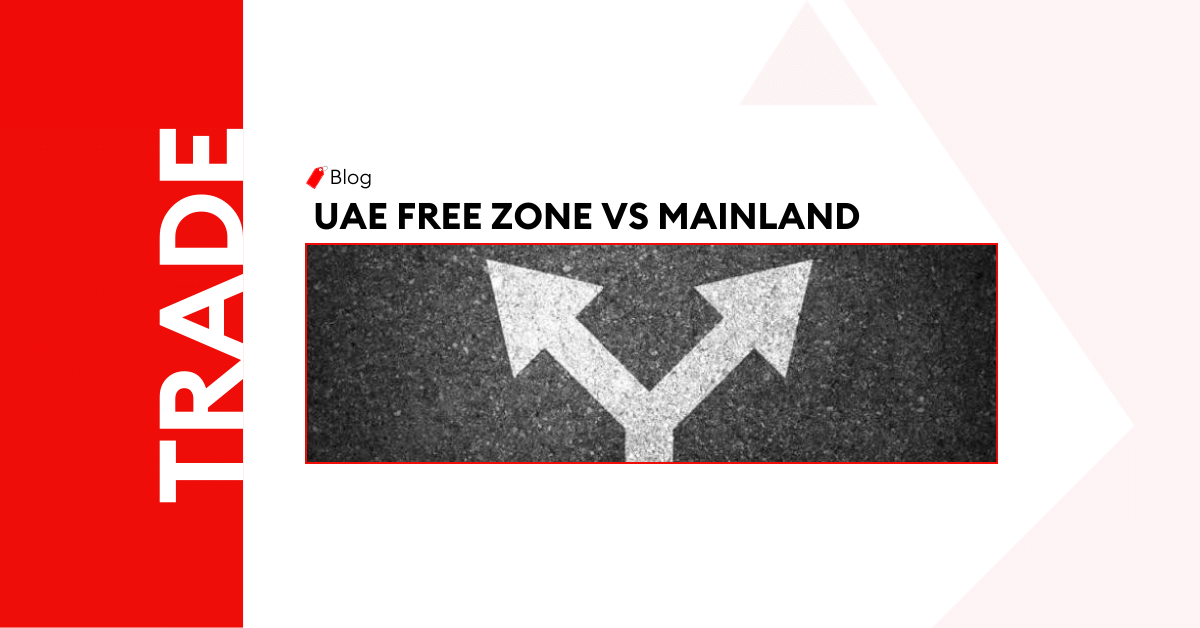
Post a comment
You must be logged in to post a comment.